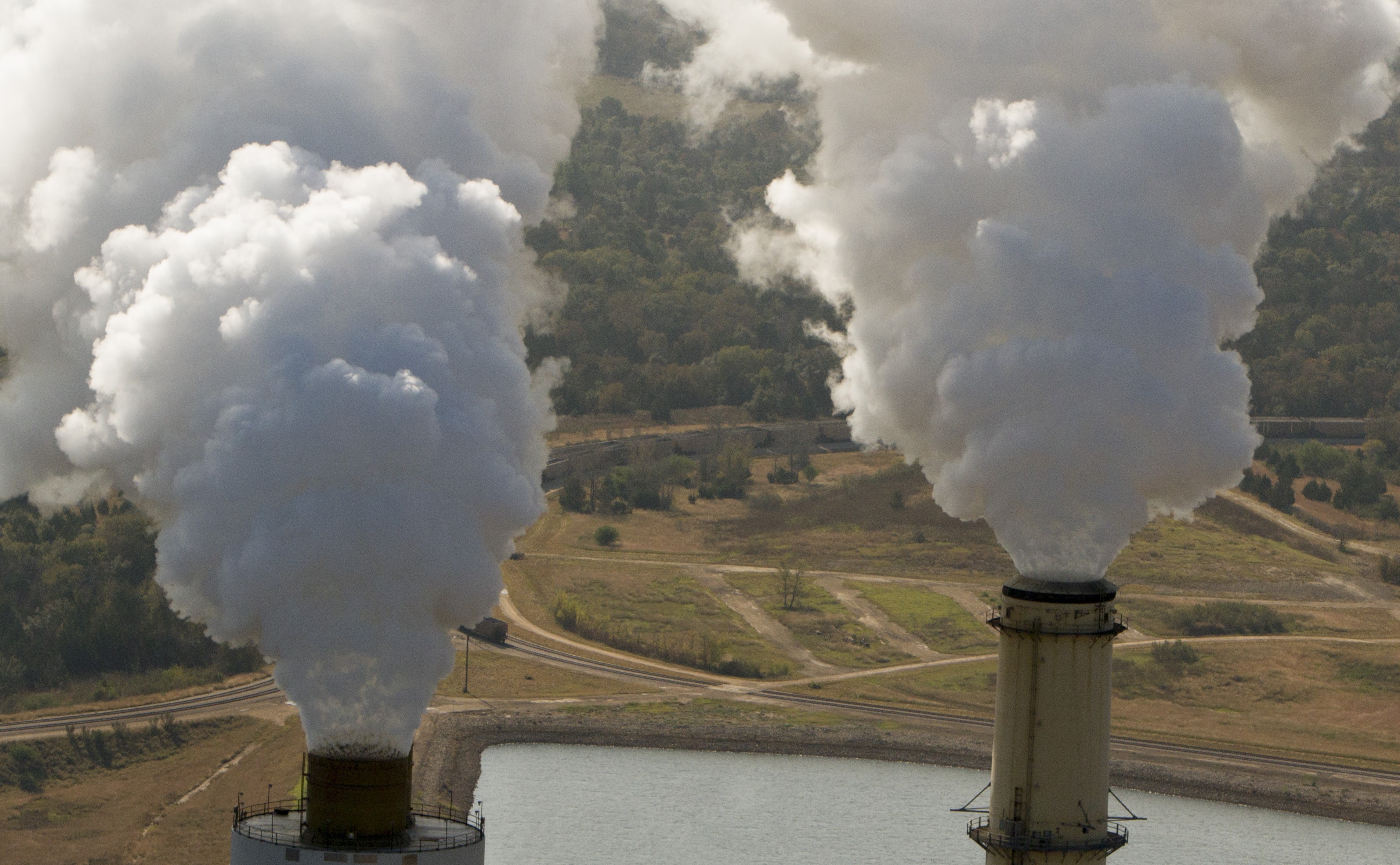On Monday, a group of petitioning coal companies and state attorneys general submitted their opening briefs in West Virginia v. EPA, a case currently before the Supreme Court that focuses on the Environmental Protection Agency’s authority to curb climate-disrupting greenhouse gas emissions from the nation’s coal- and gas-burning power plants. These petitioners are seeking to overturn a major legal victory that the Sierra Club and its allies secured last January in the US Court of Appeals for the D.C. Circuit, where a panel of judges rejected the Trump administration’s argument that the federal Clean Air Act only permitted the EPA to take minimal, ineffective steps to limit existing power plants’ carbon dioxide emissions. Now, these coal companies and their political allies are asking the Supreme Court to fabricate new legal principles that would severely restrain the ability of all government agencies—not just the EPA—to protect the public. The stakes of this case couldn’t be higher.
At its heart, this case presents a straightforward and narrow question of statutory interpretation: It asks whether, under section 111(d) of the Clean Air Act, the EPA may only consider emission measures that can be implemented within the four walls of each individual facility when determining the quantity of carbon dioxide reductions required at existing coal and gas power plants, or whether the statute affords EPA greater flexibility. But the petitioners in this case are not content to have the Court decide this case by simply interpreting the words of the Clean Air Act. Instead, their primary aim is an ideological and politically-charged one: to dramatically erode the role that federal agencies play in serving the public interest.
Specifically, the petitioners are asking the Court to aggressively expand a legal rule known as the major questions doctrine. In a handful of prior cases, the Supreme Court has stated that when a federal agency interprets an ambiguous statute passed by Congress in a manner that would entail “vast economic and political significance,” a reviewing court must interpret the law to determine if the agency was correct rather than defer to the agency’s own interpretation. The West Virginia petitioners, however, are asking the Court to rule that Congress alone can take meaningful action to reduce power plants’ carbon dioxide emissions. In fact, the petitioners even argue that the Constitution would prohibit Congress from passing legislation allowing EPA to use its expertise to determine effective limits on the power sector’s greenhouse gas pollution. This would dramatically undercut the government’s ability to tackle the climate crisis.
These extreme arguments have ramifications that go far beyond the EPA and the Clean Air Act. If accepted, these claims would not only gut EPA’s primary tool for cutting greenhouse gas emissions from coal and gas plants. They would also severely curtail the ability of agencies like the Food and Drug Administration to ensure the safety of pharmaceuticals and the food we eat; the Securities and Exchanges Commission to regulate Wall Street; the Federal Aviation Administration to oversee air travel; and the Consumer Protection Financial Bureau to crack down on unfair business practices, just to name just a few. Not since before the Great Depression have government agencies been constrained in this manner, and the coal companies and politicians pushing these arguments would love nothing more than to turn back the clock to the 1920s.
The reality is that the coal company petitioners and their political allies have manufactured this controversy for their own benefit. They rail against an EPA regulation—the Clean Power Plan—that was finalized over six years ago but never took effect. Meanwhile, the Biden administration has made clear that it will implement neither the Clean Power Plan nor the Trump EPA’s do-nothing Affordable Clean Energy rule that replaced it. Instead, the agency will develop new regulations for power plants that may not even implicate the petitioners’ arguments. Simply put, this case does not present a live controversy, yet the petitioners want to exploit it to advance their own extremist ideological ambitions.
Not only will the Clean Power Plan never be enforced, it would not meet the test to apply the major questions doctrine even if it were enforced. Despite petitioners’ dire warnings about the economic cost of the Clean Power Plan, the Trump administration itself determined that the rule would have resulted in zero costs to society and no additional emission reductions beyond those resulting from utilities’ own business plans. That’s because, in the years following the rule’s issuance, the electric sector shifted away from coal and toward renewable resources anyway, and at a historic pace. That shift is thanks in no small part to the efforts of Sierra Club’s Beyond Coal Campaign and other vital players in the environmental movement. In short, had it been implemented, the Clean Power Plant would have been rendered irrelevant by the remarkable progress towards clean energy that was already well underway. That’s a far cry from the “vast economic and political significance” test that the petitioners in this case claim.
As this case proceeds, Sierra Club and its co-respondents will fight vigorously to ensure that the Supreme Court rejects petitioners’ entreaties to “put a stake in the heart of the regulatory state,” as extremist organizations like the Heartland Institute have urged. We are confident that Congress properly accorded EPA the authority to take real and meaningful steps to limit existing power plants’ greenhouse gas pollution, and look forward to presenting our arguments to the Court.
For more insight into what's at stake in this lawsuit, check out these posts from our partners at EDF and NRDC.
